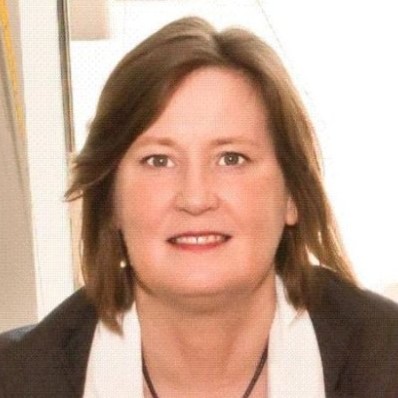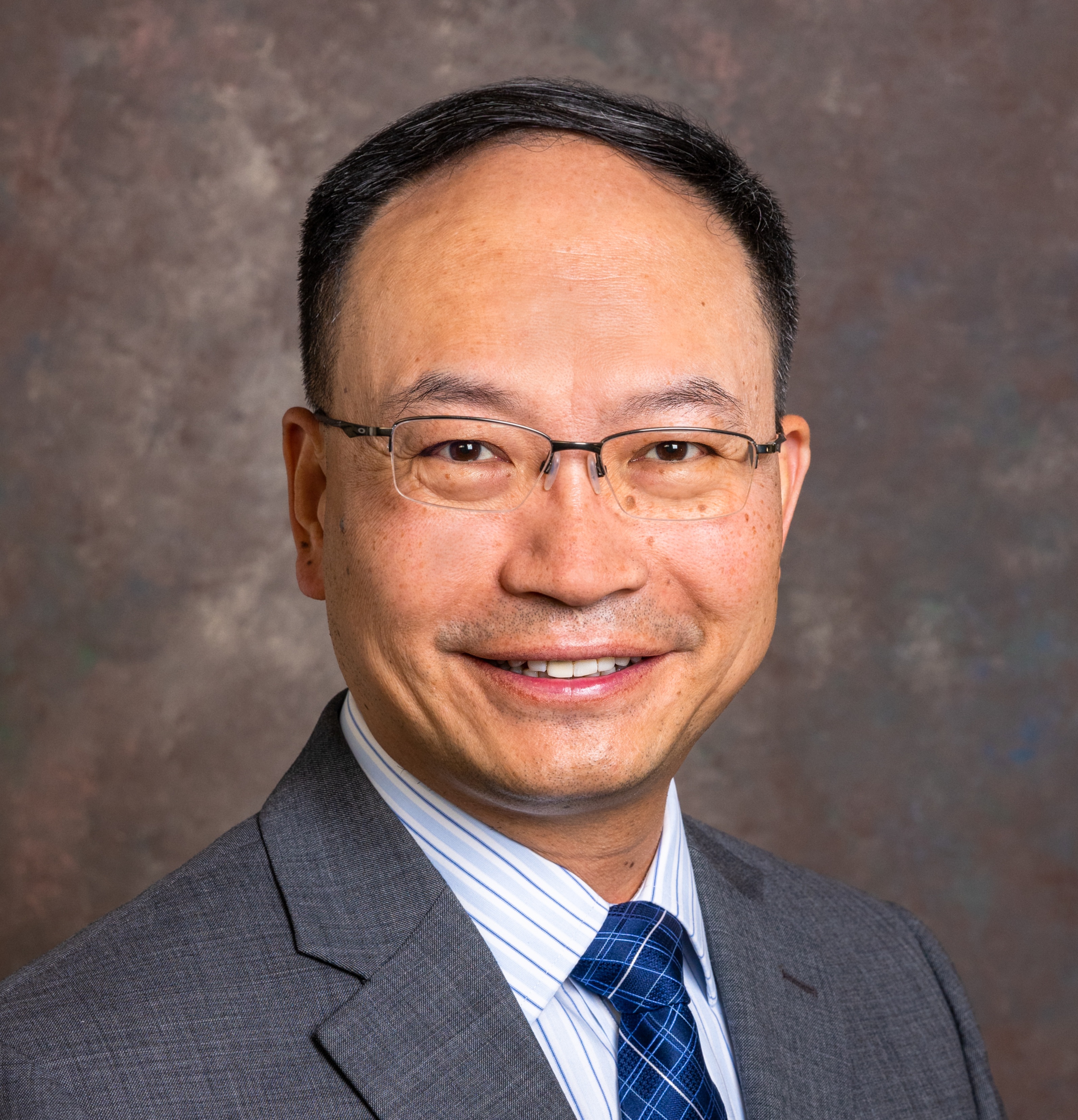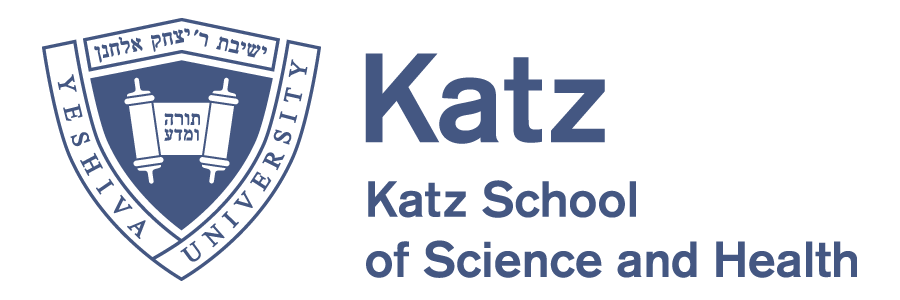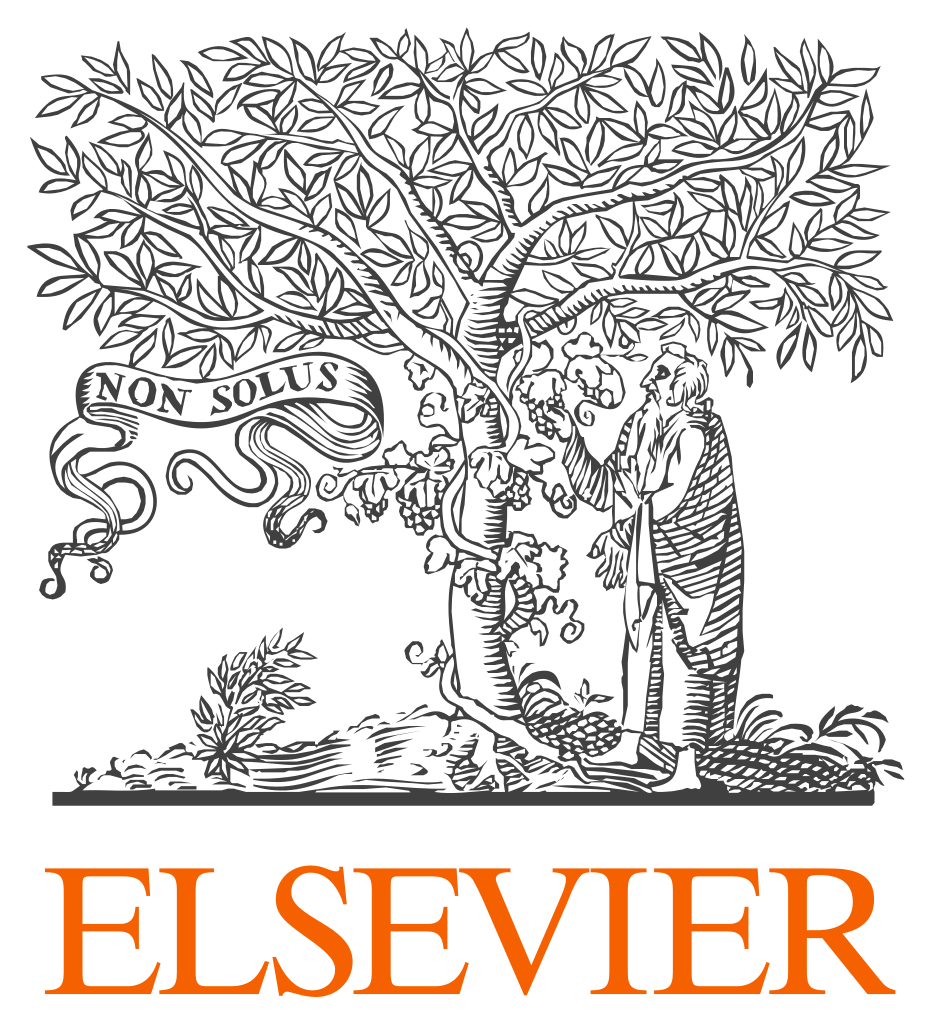Keynote I

Xihong Lin
Professor of Biostatistics
Harvard T.H. Chan School of
Public Health
Title:
Accelerating Discovery with Integrating Generative AI, Statistics, and Genomic Health
Abstract:
Building a state-of-art ecosystem is pivotal for accelerating biological and health science discoveries and translational science. Such an ecosystem involves several pillars, including technology development, data fairness, robust and powerful statistical and generative AI/ML methods and tools, interpretable data analysis, and trustworthy decision-making. Rapid advancements in generative AI have revolutionized data utilization and enabled machines to learn from data more effectively. Statistics, as the science of learning from data while accounting for uncertainty, plays a pivotal role in addressing complex real-world problems and facilitating trustworthy decision-making. Massive multi- modal data have been generated in genomic health. In this talk, I will discuss the challenges and opportunities in building such an ecosystem that integrates statistics, generative AI, and genomics and health. I will illustrate key points using the analysis of large scale biobanks, whole genome sequencing data, and electronic health records, and demonstrate the power of scientific discovery using generative AI based synthetic data. A key feature of the proposed synthetic GWAS/WGS approach is that it ensures valid statistical analysis while allowing blackbox generative ML models to be misspecified. I will also discuss how to integrate single cell data with whole genome sequencing data to improve the power and interpretation of WGS analysis by leveraging multi-faceted variant functional annotation. We will discuss the affordable and scalable analysis of the UK biobank of 500,000 subjects in the cloud platform RAP and the All of Us data of 400,000 subjects in the NIH cloud platform AnVIL.
Short Biography:
Xihong Lin, PhD, is Professor and former Chair of the Department of Biostatistics and Coordinating Director of Program in Quantitative Genomics at the Harvard TH Chan School of Public Health (SPH), and Professor of Statistics at Harvard University. She earned her BS in Applied Mathematics from Tsinghua University in China, and PhD in Biostatistics from the University of Washington. She was elected to the National Academy of Medicine in 2018 and the National Academy of Sciences in 2023. She is a fellow of the American Statistical Association, the Institute of Mathematical Statistics, and the International Statistical Institute. She is the former Chair of the Committee of Presidents of Statistical Societies (COPSS), and a former member of the Committee of Applied and Theoretical Statistics of NAS. She is the founding chair of the US Biostatistics Department Chair Group, and the former Coordinating Editor of Biometrics and the founding Co-Editor of Statistics in Biosciences. Dr. Lin is the recipient of the Mortimer Spiegelman Award from the American Public Health Association (2002), the COPSS Presidents' Award (2006) and FN David Award (2017). She was recognized by the University of Washington as one of the 50 Changemakers in Public Health in 2020. She received the Jerome Sacks Award for Outstanding Cross-Disciplinary Research from the National Institute of Statistical Science (2022), the Marvin Zelen Leadership Award (2022) from Harvard SPH, and the MERIT Award (2007-2015) and the Outstanding Investigator Award (2015-2029) from the National Cancer Institute.
Keynote II

Wendy J. Nilsen
Deputy Division Director at NSF
Title:
Isn't Smart Health Smart Enough? (or has AI eliminated the need for Smart Health?)
Abstract:
Commercial artificial intelligence (AI) developers often note that these novel methods will solve the issues plaguing medicine. While AI has the potential to transform fields, there is still a considerable amount of research needed for AI to solve the complex issues or even the low hanging problems of the biomedical world. This talk focuses on some of the new areas of science and the challenges and needs that these methods open for research.
Short Biography:
Wendy Nilsen is the Deputy Division Director for the Division of Information and Intelligent Systems (IIS). Wendy has been widely recognized across the Federal government as a leader in health technology research. She has long led the Smart Health program, and in that role leads a coalition involving seven NSF divisions across four directorates, as well as twenty-three NIH Institutes and Centers. She has continuously evolved that program to seize new intellectual opportunities, while addressing important societal considerations. She has also long led what is now called the National Information Technology Research and Development's (NITRD) Digital Health Research and Development Interagency Working Group, and in that role led the drafting of the Federal Health Information Technology Research and Development Strategic Framework. Prior to becoming the Deputy Division Director in IIS, she previously served as Acting Deputy Division Director for the Division of Industrial Innovations and Partnerships and as Acting Deputy Division Director for the Division of Engineering and Education Centers in the Directorate for Engineering. Prior to joining NSF, she was a Health Scientist Administrator in the Office of the Director at the National Institutes of Health.
Keynote III

Weisong Shi
Alumni Distinguished Professor and Chair
Department of
Computer and
Information Sciences & Department of Mechanical Engineering
University of Delaware
Title:
A 15-year Odyssey of Connected Health
Abstract:
In this talk, Dr. Weisong Shi will reflect on his journey in advancing smart and connected health research and building a vibrant community around it. He will also share his forward-looking vision for Connected Health 2.0, powered by recent breakthroughs in autonomous driving technologies and intelligent systems integration.
Short Biography:
Weisong Shi is an Alumni Distinguished Professor and Department Chair of Computer and Information Sciences at the University of Delaware (UD). Dr. Shi leads the Connected and Autonomous Research (CAR) Laboratory, which closely working with the automotive industry. He is an internationally renowned expert in edge computing, autonomous driving, and connected health. He currently serves as the honorary director of the National Science Foundation (NSF) eCAT Industry-University Cooperative Research Center (IUCRC). His pioneer paper, “Edge Computing: Vision and Challenges,” has been cited over 8900 times. He is the Editor-in-Chief of IEEE Internet Computing Magazine and Elsevier Smart Health Journal, and the founding steering committee chair of several conferences, including the ACM/IEEE Symposium on Edge Computing (SEC), IEEE/ACM International Conference on Connected Health (CHASE), and the IEEE International Conference on Mobility (MOST). He is a fellow of IEEE.





